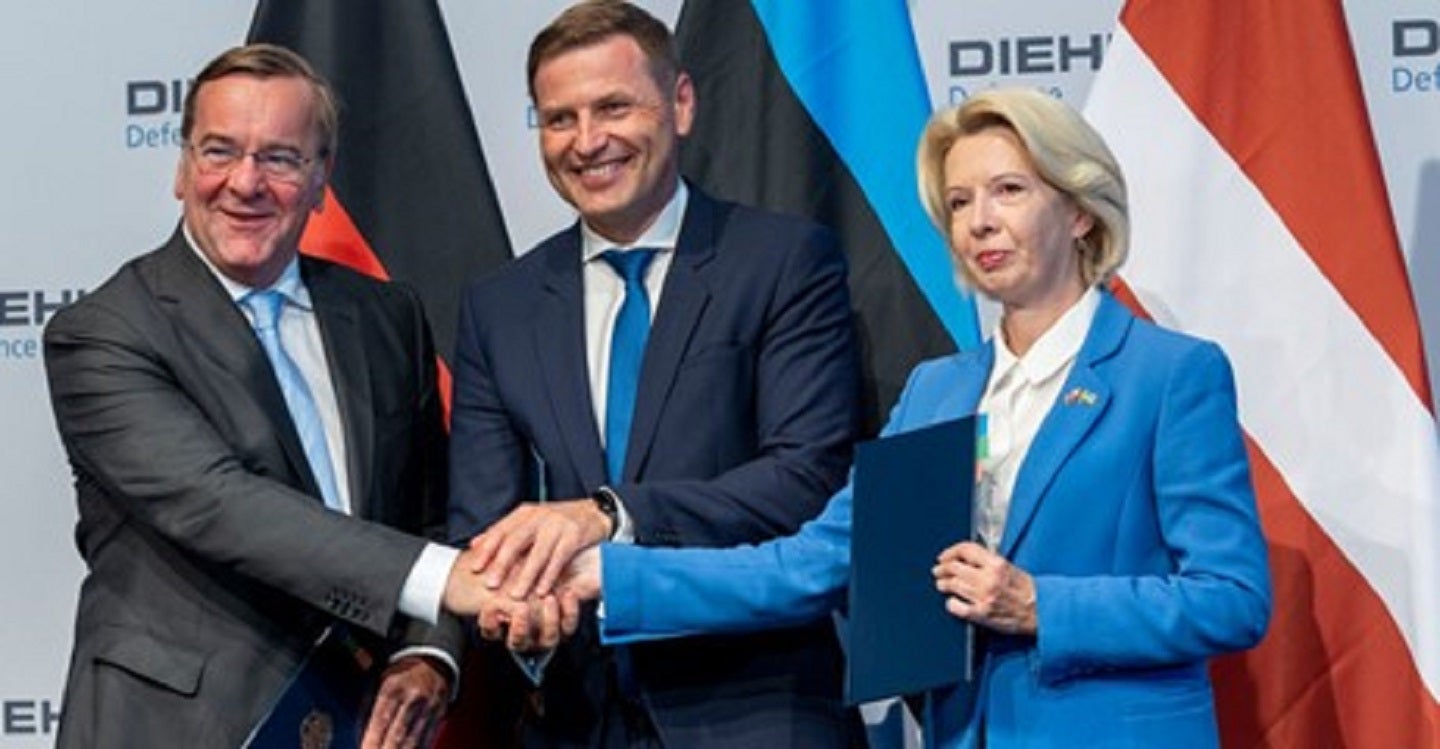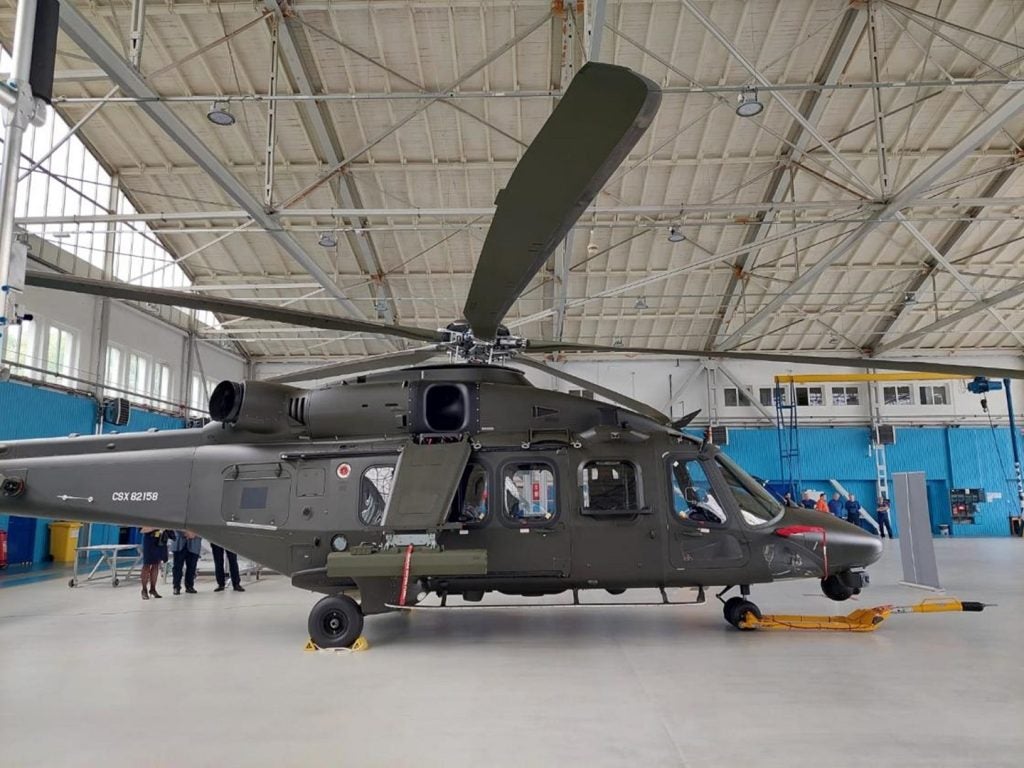
Estonia and Latvia – two founding members of the European Sky Shield Initiative (ESSI) – have signed a collective framework agreement to procure the Iris-T surface-to-air, medium-range launched (SML) air defence system on 11 September 2023.
According to a press release from the Latvian Ministry of Defence three days later, this procurement “will be the largest investment in air defence in the history of Latvia and Estonia.”
Similarly, the original equipment manufacturer, Diehel Defence, went one step further in suggesting that the deal is the “biggest defence investment since their independence more than 30 years ago.”
Before the German supplier delivers the systems in 2026, both nations must prepare to use and maintain them – this ranges from personnel training to infrastructure improvement.
Both Baltic buyers have considered purchasing the SML systems for some time now. The two governments entered negotiations with Diehel in May this year – a gruelling bureaucratic process detailing “complex requirements development, rigorous evaluations, and negotiations” according to one Estonian defence investment official.
The two countries also signed a letter of intent with the German Minister of Defence, Boris Pistorius, on their future participation in the ESSI.
Sky Shield, Nato and Ukraine
“It is perfectly clear that we cannot have any illusions regarding Russia,” the Latvian Minister of Defence Ināra Mūrniece stated. “Ukraine’s experience demonstrates the importance of a modern air defence system.”
Operators can integrate the IRIS-T (infra-red imaging system – tail/thrust vector controlled) SML unit on a MAN 8×8 truck with eight missile container launchers mounted at the rear. The arrangement of the missile container launchers comprises two banks of four missiles.
The SML provides 360-degree protection against aircraft, helicopters, cruise missiles, and guided weapons. This mobility increases responsiveness; a much-needed ability when facing advanced capabilities as Ukraine did with a Russian hypersonic missile earlier this month.
It enables simultaneous engagement of multiple targets. It operates at short to medium-ranges (distances of 40km) within extremely brief reaction times (reaching Mach 3).
“Until now, only short-range air defence systems have been available for the Latvian National Armed Forces, but the IRIS-T [SML] system will enable effective and comprehensive defence within the medium range, and it is compatible with Nato systems, thus providing benefits not only to Latvia but to the entire region,” Murniece emphasised.
The new systems – soon to be situated on Nato’s eastern flank, directed at Russia – will strengthen Europe’s integrated air defence network, also known as ESSI.
ESSI is a programme that brings 19 European countries together – recently, and most notably, the neutral nations, Austria and Switzerland – to strengthen their collective air defences through a common acquisition of equipment and missiles. Germany introduced the plan on 13 October 2022.








